WOODBURY — Referee: a word that immediately annoys many athletes.
Most athletes experience frustration with sports officials. While some athletes show their bitterness to referees during the game, others see the difficulty of the job and look at it from a different perspective.
Nonnewaug senior soccer player Layla Coppola is sympathetic to her fellow athletes who express their frustration towards referees.
“When you’re playing, you want it to be as fair as possible,” Coppola says. “The fields are already terrible, and then the refs on top of it, who are just adding on to it, are not making it any better. The frustration gets greater. It’s just like a bomb.”
Many referees for high school sports are older, which additionally creates doubts among some athletes like Coppola.
“They are not in tune with new rules, which could be a big part of it,” she adds.
Junior football player R.J. Barksdale has a different point of view with officials in football. He agrees that while they can be exasperating, the bad calls don’t affect the game that much.
“Usually bad calls don’t affect how we play, but then again, if you get a bad call, it can mess with your emotions a bit,” Barksdale said. “But it doesn’t affect the game because as a whole we can usually fight through it and get better.”
Experience Avoids Exasperation
While most athletes find bad calls and refs irritating, some high school athletes have more patience with the officials for one big reason: They’re getting yelled at, too.
Senior quarterback Ben Roden’s perspective changed when he became a youth ref.
“I feel for the refs more because it’s not that easy to be a ref,” says Roden. “I used to get mad and frustrated with officials but now I can learn to move on and respect them more.”
Despite the difficulties that come with being a referee, athletes often aren’t thinking about the refs when they are in the heat of the game.
“I know that being a ref, you don’t always make the perfect calls, and sometimes you just have to learn as you’re going,” junior field hockey player and youth official Kelly Farrell agrees. “So I understand where they are coming from, but being in the sport it’s a lot easier to be frustrated.”
Junior Lincoln Nichols, a soccer player and youth referee, explains how he copes with the frustration that referees sometimes cause.
“I tend to not let the frustration last for any more than a few seconds,” Nichols said. “Usually after a ref makes a bad call I’ll be mad, but won’t let it affect me. I’m able to realize that everyone misses calls, and they usually feel bad about it. I also understand different calls better because of my referee training, which helps me be more considerate.”
Nonnewaug freshman Audrey Doran, who plays and officiates soccer, has a hard time with the same thing.
“I feel like I am such a hypocrite when I yell at refs because when people yell at me when I’m reffing, I want to cry,” Doran said, “but I do the same thing to refs when I play.”
Coaches Walk the Line
NHS girls soccer coach Nick Sheikh believes that most officials have good intentions, and that good athletes should be skilled enough to leave no doubts when it comes to referees’ calls.
“Some officials really try to intervene, but you hope that that’s not the case. They’ve gone through their training,” said Sheikh. “I’ve only seen two wrong calls changed in 20 years [so arguing doesn’t help]. You hope that they don’t look to impact the game, based on their choices, but hopefully good players know not to put it in the officials’ hands.”
Volleyball is unlike most other sports since the players and coaches can’t argue with the officials or else they receive a yellow card. NHS volleyball coach Martin Malaspina sometimes feels the frustration of inconsistent and inexperienced officiating.
“I think I’m most frustrated when calls are inconsistent throughout the same match,” said Malaspina. “I tell my players I’m going to argue for them and they can focus on things that they have control over. It isn’t the biggest sport in the area, so a lot of the refs don’t necessarily know the game, the sport, or the rules as well as they should.”
This story was originally published on NHS Chief Advocate on November 14, 2023.








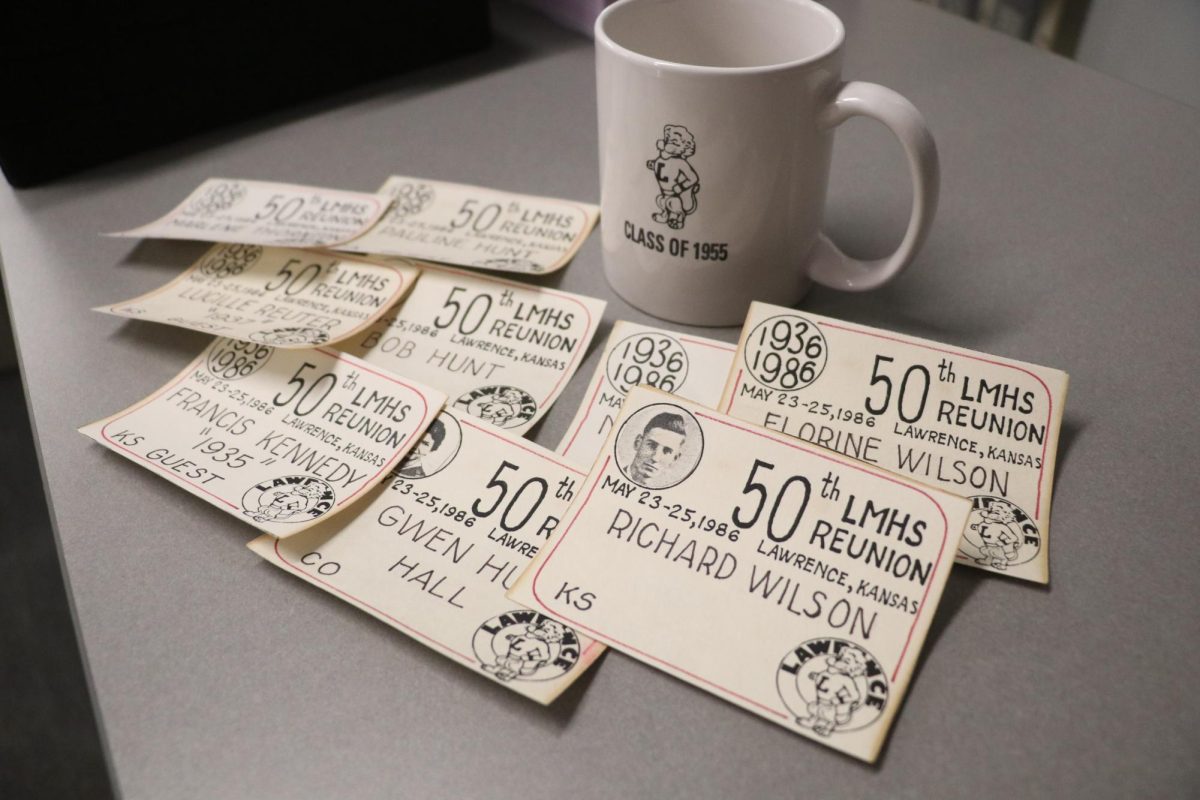
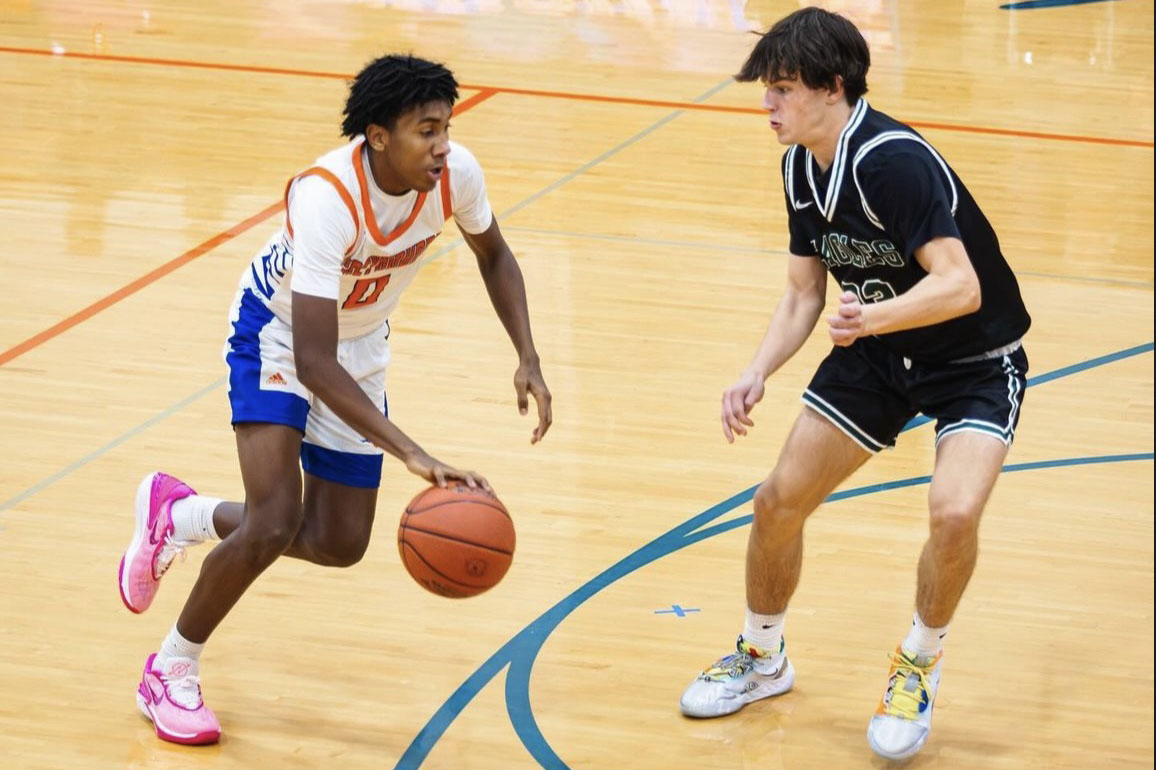
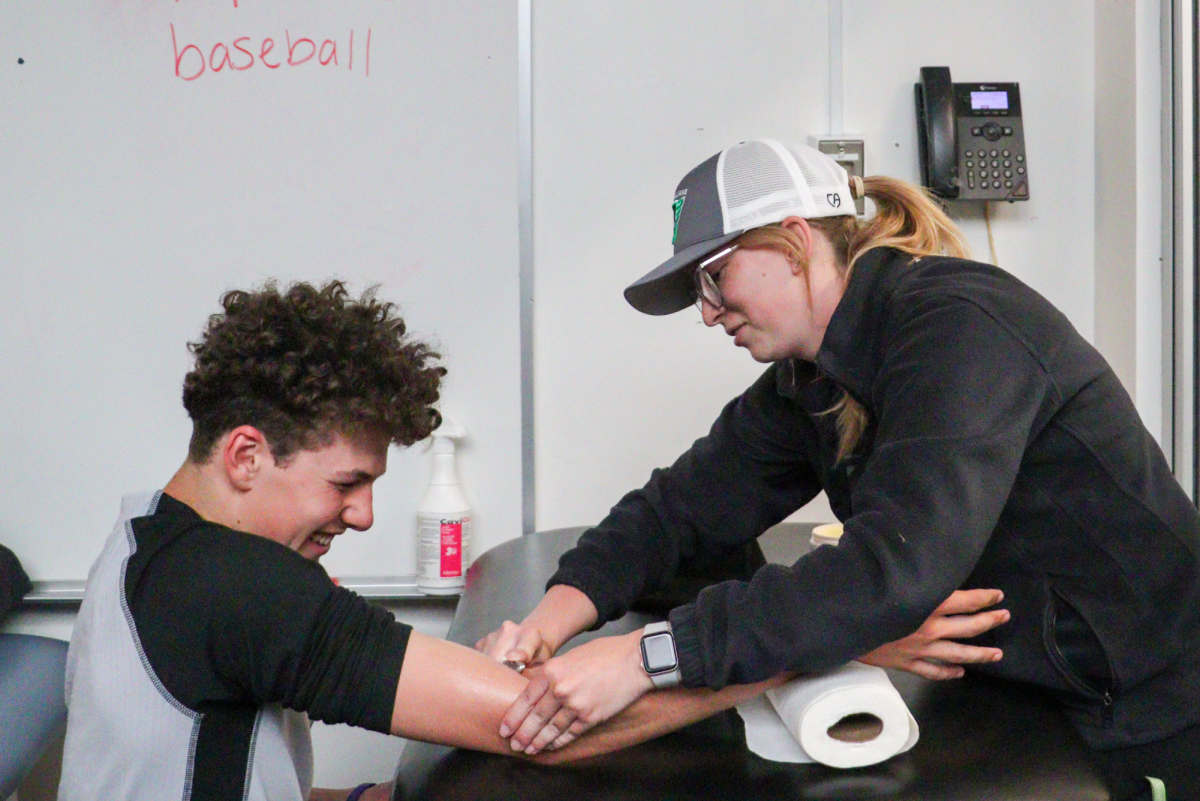
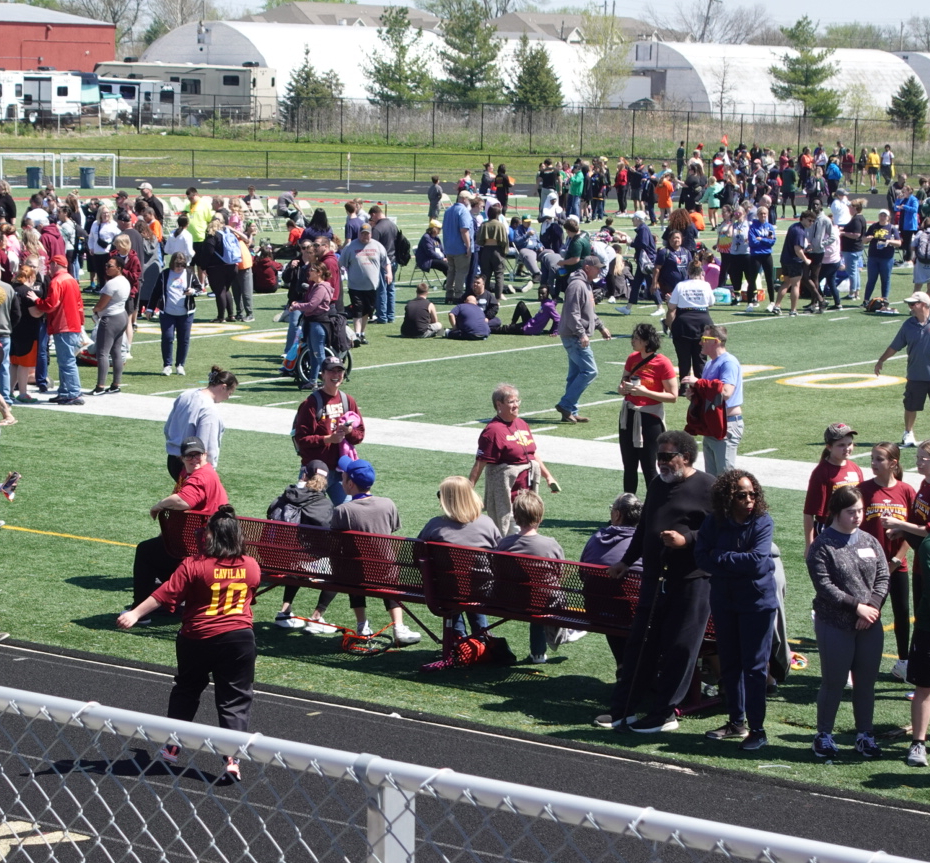
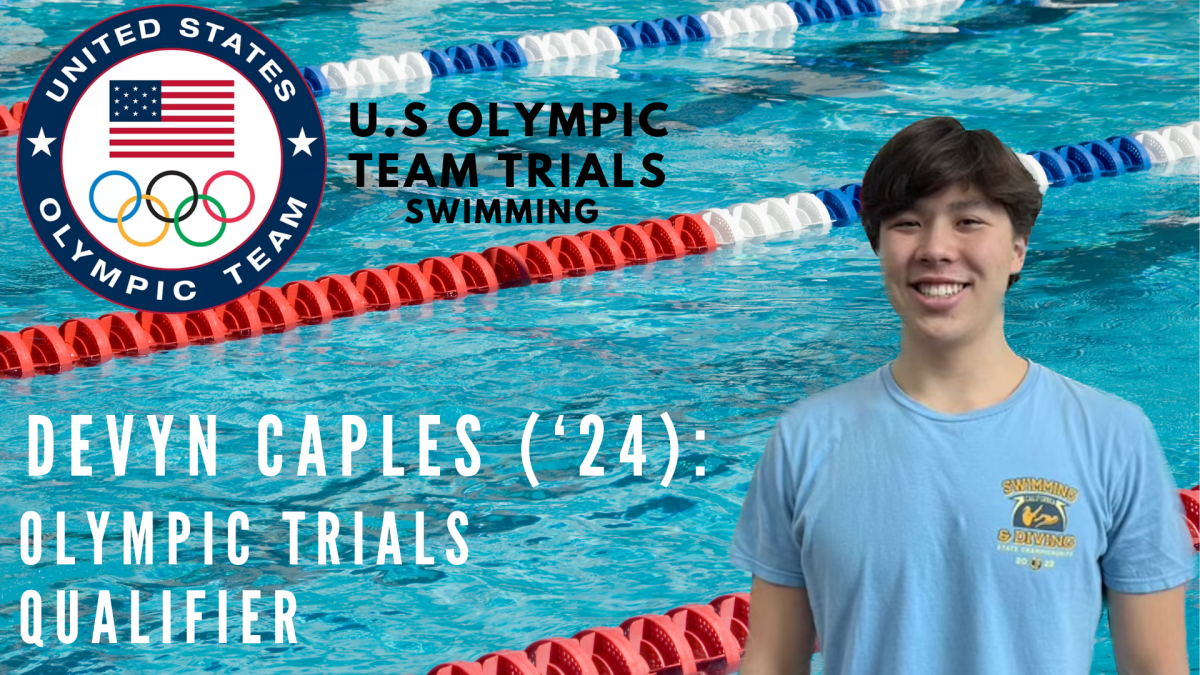



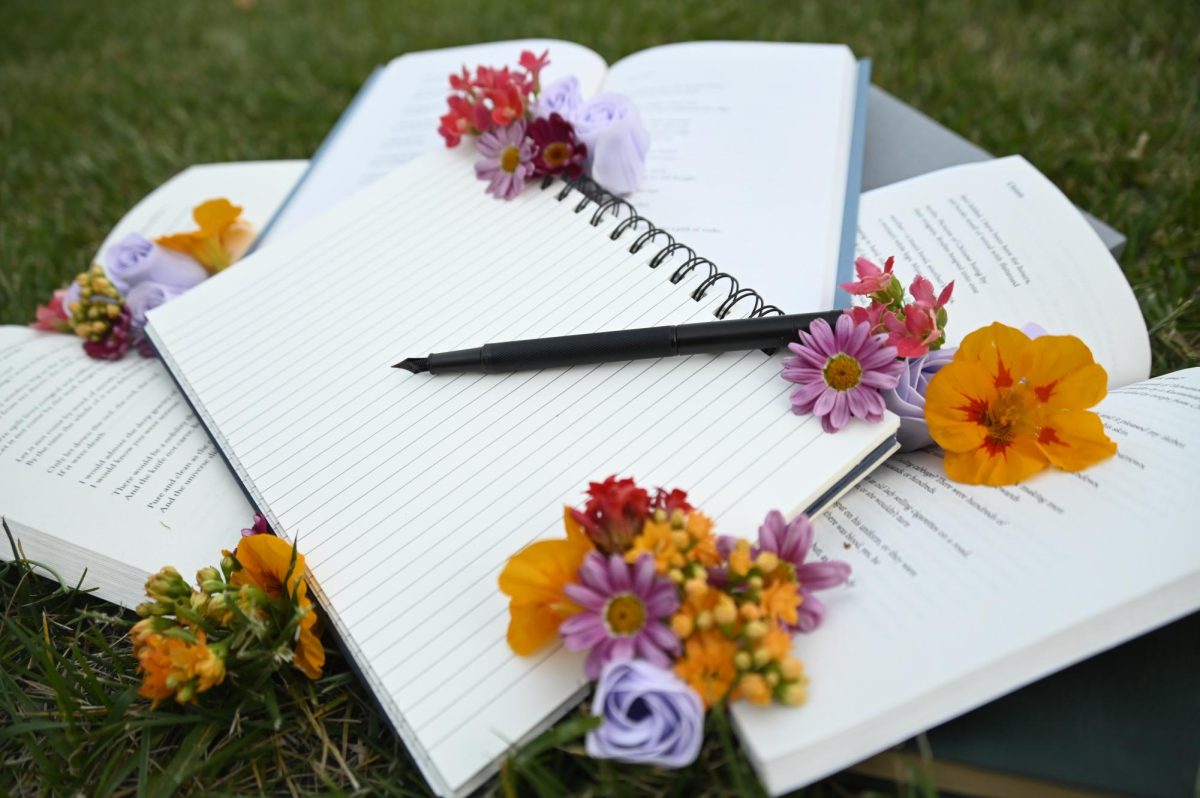
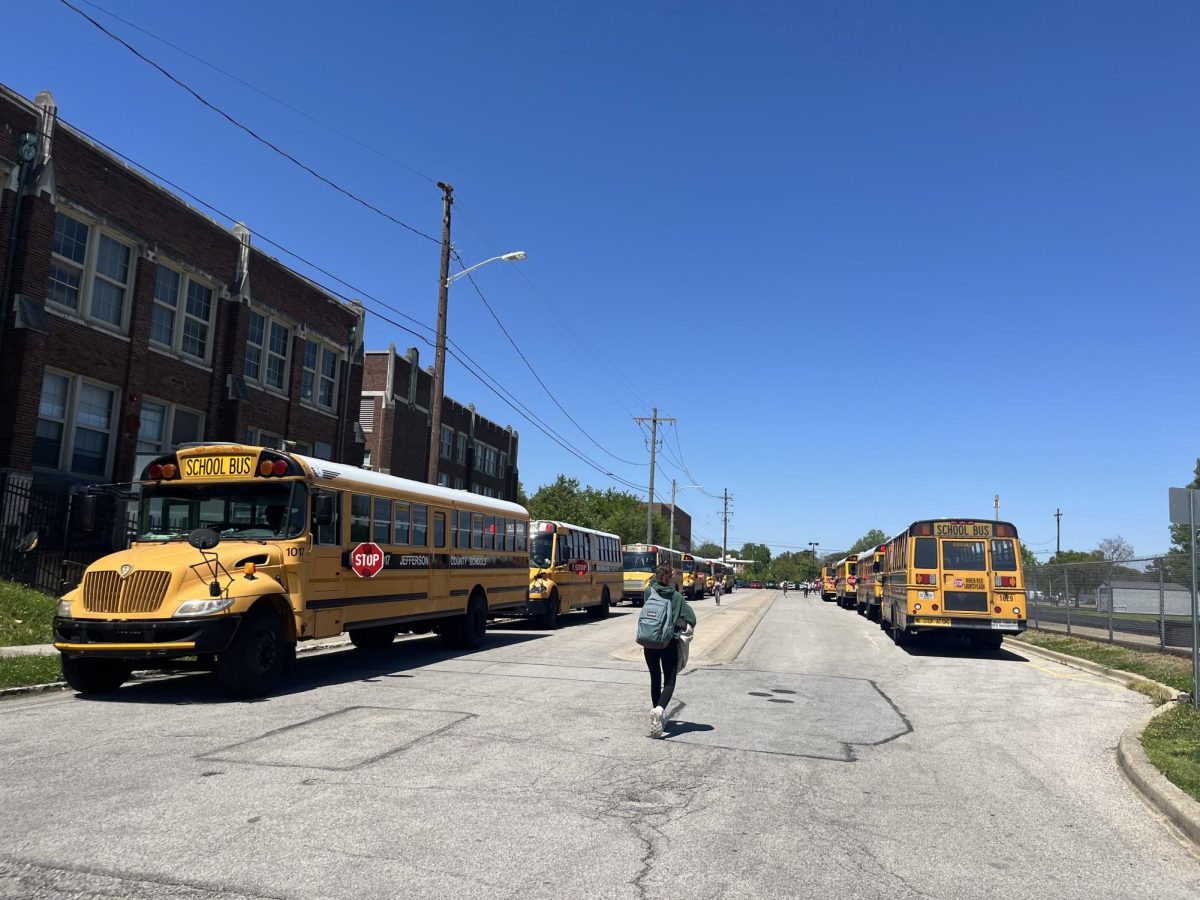
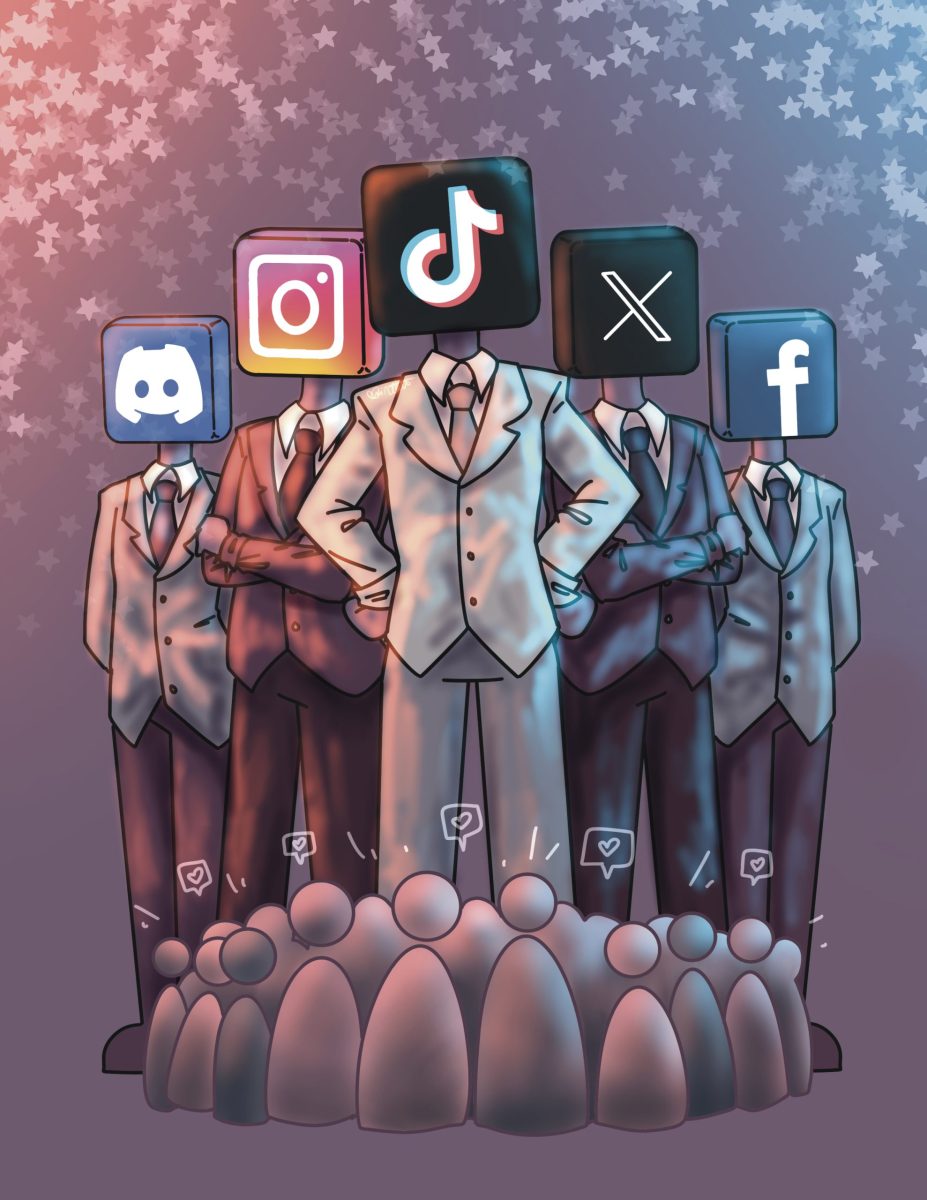


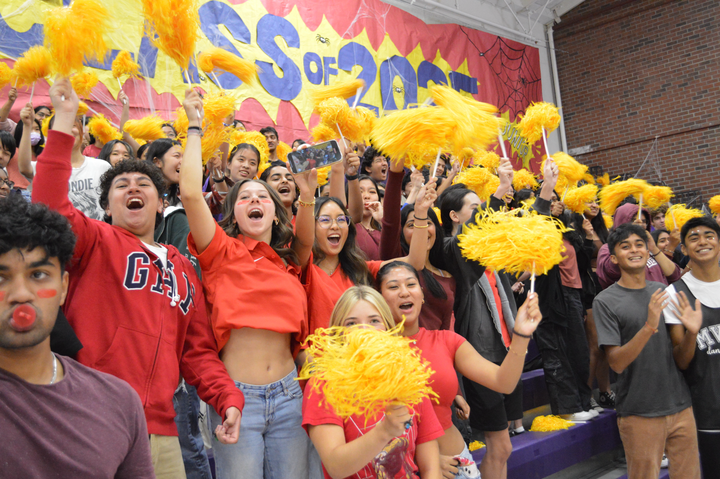

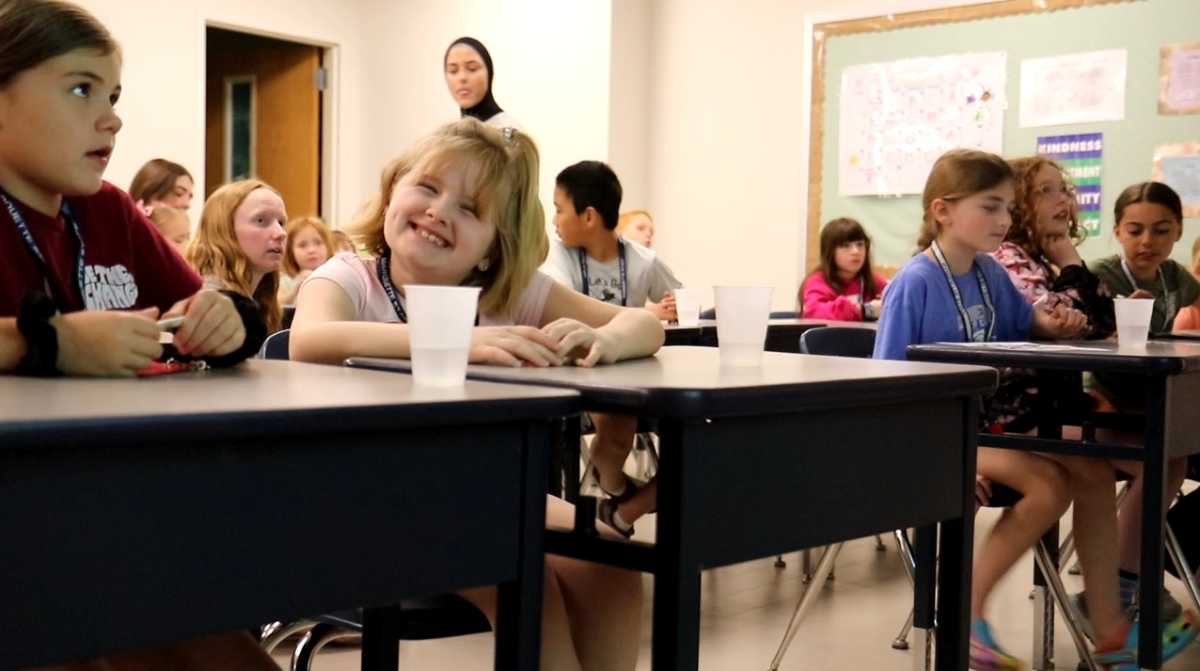
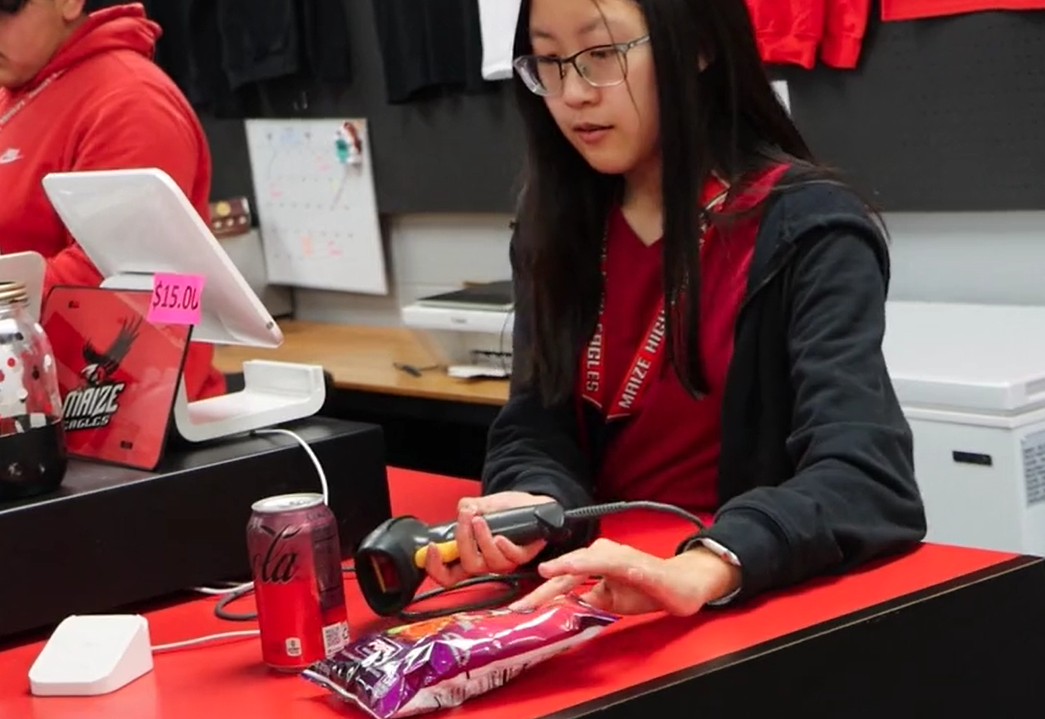







![IN THE SPOTLIGHT: Junior Zalie Mann performs “I Love to Cry at Weddings,” an ensemble piece from the fall musical Sweet Charity, to prospective students during the Fine Arts Showcase on Wednesday, Nov. 8. The showcase is a compilation of performances and demonstrations from each fine arts strand offered at McCallum. This show is put on so that prospective students can see if they are interested in joining an academy or major.
Sweet Charity originally ran the weekends of Sept. 28 and Oct. 8, but made a comeback for the Fine Arts Showcase.
“[Being at the front in the spotlight] is my favorite part of the whole dance, so I was super happy to be on stage performing and smiling at the audience,” Mann said.
Mann performed in both the musical theatre performance and dance excerpt “Ethereal,” a contemporary piece choreographed by the new dance director Terrance Carson, in the showcase. With also being a dance ambassador, Mann got to talk about what MAC dance is, her experience and answer any questions the aspiring arts majors and their parents may have.
Caption by Maya Tackett.](https://bestofsno.com/wp-content/uploads/2024/02/53321803427_47cd17fe70_o-1-1200x800.jpg)
![SPREADING THE JOY: Sophomore Chim Becker poses with sophomores Cozbi Sims and Lou Davidson while manning a table at the Hispanic Heritage treat day during lunch of Sept 28. Becker is a part of the students of color alliance, who put together the activity to raise money for their club.
“It [the stand] was really fun because McCallum has a lot of latino kids,” Becker said. “And I think it was nice that I could share the stuff that I usually just have at home with people who have never tried it before.”
Becker recognizes the importance of celebrating Hispanic heritage at Mac.
“I think its important to celebrate,” Becker said. “Because our culture is awesome and super cool, and everybody should be able to learn about other cultures of the world.”
Caption by JoJo Barnard.](https://bestofsno.com/wp-content/uploads/2024/01/53221601352_4127a81c41_o-1200x675.jpg)


